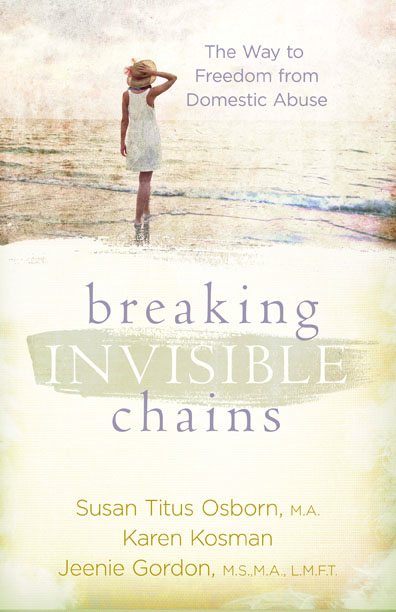“To love life is to love time. Time is the stuff life is made of.” –Benjamin Franklin
What would you do if every morning a teller from your bank phoned and told you that your account had been credited with 86,400 pennies ($864)? But the bank had placed the stipulation on it that you had to spend it that day? No balance could be carried over to the next day. Think of the fantastic things you could do with such a gift.
God credits each of us with 86,400 seconds each day, but no balances are carried into the next day. Each night erases what we fail to use and what we use unwisely. No previous day’s time can be reclaimed.
1. Pray Before You Begin
It’s easy to plunge into something without taking time to talk to God about it, but starting any project with prayer makes your time more productive. Before you begin to write, ask God for wisdom and guidance. If it is His desire that you become an author, He will help you find the necessary time it requires.
2. Make a Time Commitment
In order to write, you need to plan ahead and set the necessary time aside for it. Perhaps you will decide to write an hour every day, or perhaps you will start with only fifteen minutes if you are a beginning writer. If you can’t write every day, try to select a certain day of the week and clear your calendar as best you can on that day.
3. Use Your Time Wisely
If you want to be a serious writer, you must treat your hobby like a business. Don’t wait until the house is spotless and all the chores are done to start your daily writing. You’ll never begin!
You are doing some things now that fill the time you intend to use for writing. What can you eliminate? Now I’m not suggesting you neglect your family. It is important to invest time in those you love and in friendships. People are more important than things. If a friend calls with a problem, don’t tell her she’s interrupting your writing time. Say “no,” however, to anyone who starts a conversation with, “Since you’re a writer and don’t have to go to the office, I’m sure you’ll have time to bake a cake for the PTA, stuff envelopes, or head the new church committee.”
4. Set Writing Goals
What do you want to accomplish in your writing? Dream big, and then break those ambitions into small goals that are specific and achievable. I do not recommend that beginners start with books. Writing a book is like eating an elephant, and you don’t want to end up with indigestion. Begin with articles or church school take-home papers.
Writing goals should include three things:
1. They must be specific.
2. They need to be measurable.
3. They must have a time factor.
Perhaps a realistic goal for you would be an article a month. In a year, you would have 12 articles or stories.
Now for those of you who want to write books, at first the thought may seem overwhelming. Lee Roddy is a well-known fiction author and speaker who challenges you to write a page a day. If you do this, in a year you’ll have 365 pages which is about two trade-size books. Of course, that doesn’t include the time needed for editing.
Tips 5-8 will be given next week.


